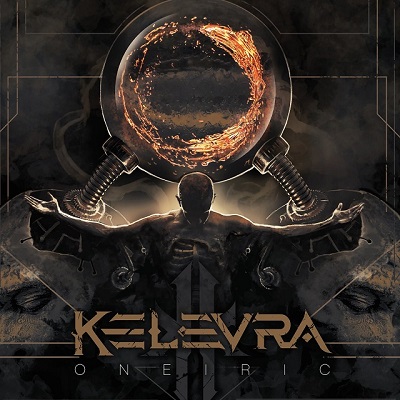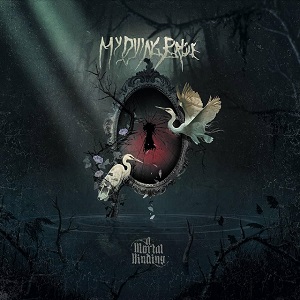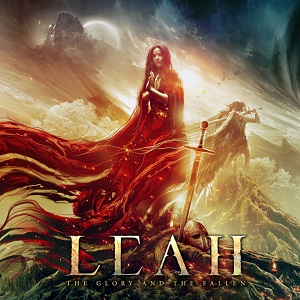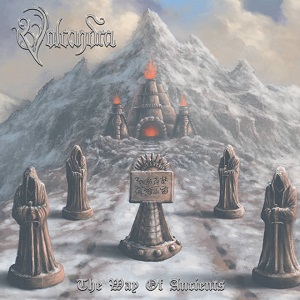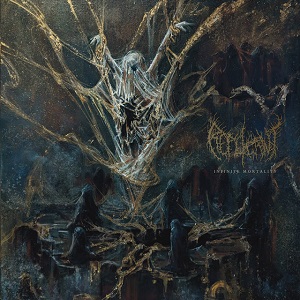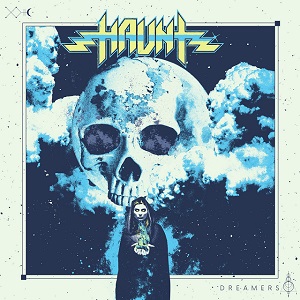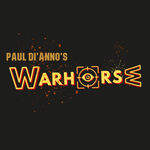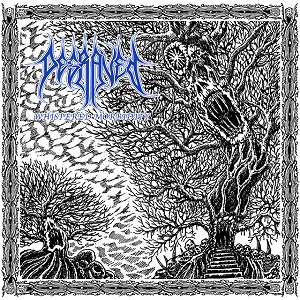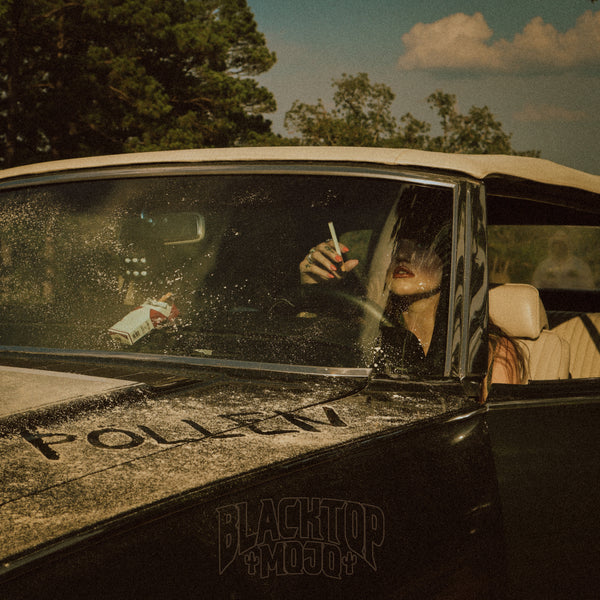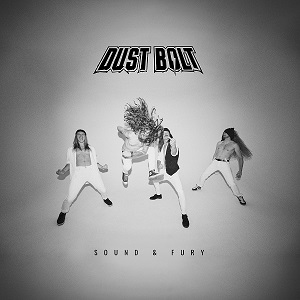LOU GRAMM – “I Feel Like I’m Back, You Know? I’m Back!”
May 8, 2013, 10 years ago
By Martin Popoff
Third chat with Lou (plus one nice hang at the Hard Rock in Toronto) since his near fatal brain tumour in April 1997, and the FOREIGNER great and consummate classic rock vocalist still speaks in slow and measured tones, but with that typical Gramm charm that belies his being as just a nice, down-to-earth guy from Rochester who got his break and made the most of it.
And now you get to read the whole deal, the man’s life in a band masked in mystery, as well as the post-Foreigner career, the battles with addiction, the drama surrounding his near death. The autobiography is called Juke Box Hero: My Five Decades In Rock ‘n’ Roll (Triumph Books), and is written in conjunction with top quality biographer—necessarily local to Lou, and specializing in sports figures and topics—Scott Pitoniak, who deftly and patiently coaxes the stories from Lou while seamlessly massaging in supporting evidence as well.

I’ve decided to leave this as a Q&A; for y’all, as I do believe Lou’s economy of words breathe through their meaning best in this format. Ergo, here goes...
BraveWords: First thing I wanted ask you is what do you think you learned by writing this book? From reliving all those memories?
Gramm: "Well, I learned that I fight back when I’m in a situation. When I’m confronted, I learned that I fight back."
BraveWords: Do you mean mostly with respect to your health situation?
Gramm: "And the situations within Foreigner, at times, too."
BraveWords: How would you classify your relationship with Mick during those years? What did you learn about yourself specifically, in terms of your relationship with Mick?
Gramm: "You know, it seemed to be a decent relationship at times, but when we were in the creative mode, I just felt like I had to take care of myself."
BraveWords: And I guess with other guys too. Because one thing I wanted to ask you, seeing Al and Ian leave the band. What exactly happened there when those guys had to go?
Gramm: "Well that was a point in the band where we had just come off of the Head Games album, and it didn’t do that well, and I think we felt that we had to make a big step career-wise, or if the band faltered again, it could be the death knell. It seemed to me that—and to Mick—that we needed some new blood in the band that was a little more… I don’t know how to say it, because I still talk to Ian and Al; they’re still friends of mine. But I think we just needed some fresh ideas and a different style of playing."
BraveWords: You know, I’ve always heard that, that Head Games didn’t do as well as the first two, but it is five times platinum! Did it just sell slowly? Is that the idea?
Gramm: "It may have. I know that the album got… There were some radio stations that wouldn’t play it because, first of all, because of the cover, which they viewed as in bad taste, which is essentially, I think it’s a cute cover. It’s a little bit out of line, but it’s not evil. And then second of all, ‘Dirty White Boy’ was the first single, and there were stations that perceived that as being in poor taste as well. So we had some major problems even getting the first single played. And some places in the Bible belt wouldn’t even put the album in stores. So if it sold, what did you say, five million? It must be over a number of years. I know that within a year of putting it out, it was only 1.5. I’m saying only; I mean, that’s really good, but compared to the first and the second album, it was not a success."
BraveWords: Now, is there some certain skill that your collaborator Scott Pitoniak had to sort of utilize, or tricks he used, to capture your voice? Do you think he captured your voice pretty well?
Gramm: "Do you mean, the way I…"
BraveWords: Your narrative voice, not your singing voice.
Gramm: "Yeah, I don’t see too many places he took liberties, no."
BraveWords: How many hours did he have to interview you for?
Gramm: "Well, we would spend one day a week at my studio for about three to four-and-a-half hours, for well over a year. It’s oppressive (laughs). The way he did it was, he would have questions prepared for me, and I would answer them and elaborate on them, and they weren’t necessarily in chronological order. So we could be talking about any stage of my career, or my career with Foreigner, and I would get the question, and I’m sure that after a number weeks, he was able to start putting things in a timeline and know where he wanted to go next."
BraveWords: What surprising trivia did you guys learn in fact-checking things, or looking up old acquaintances, who could corroborate stories? Did you find out anything interesting about your own life?
Gramm: "I didn’t, but I’m sure Scott did. I haven’t read the book yet. He’s extremely thorough, and was able to elaborate on some of my anecdotes through people who were there at the time."
BraveWords: When you look back at the classic Foreigner albums, what be some your favourites of the catalogue and why, and what would be one or two you don’t like so much and why?
Gramm: "I think I like 4 the best, and I actually liked our last album with the band, Mr. Moonlight."
BraveWords: What is your assessment of Head Games? I mean, people also say that it was possibly a heavier and edgier album, and that might be the reason why it didn’t—quote unquote—sell so well.
Gramm: "It may have been. I liked Head Games a lot. We had Roy Thomas Baker do that. He was the producer of Queen and THE CARS, and he was a very well known producer. But I think his style of producing was, shall we say, spontaneous. And you know, a lot of our strength is in our songs and arrangements, and I think that was an album where we didn’t spend the time and the care on those arrangements. Because he was all about spontaneity, and then onto the next song. And so when I listen to the album, I hear great ideas, and good production, but it sounds unfinished to me."

BraveWords: Did you find doing this book at all therapeutic in terms of exercising your brain?
Gramm: "It was, and it ran me through the gamut of emotions too."
BraveWords: Because it was hard work or because it brought up memories that you thought you’d forgotten?
Gramm: "The memories. Some things that we did, I can honestly say I hadn’t thought about, but they happened. And thinking about them was like opening a wound."
BraveWords: And one thing, and I don’t like saying this, but people have said about Foreigner—and they always except you out of this equation—but they say you guys were pretty nasty people on the road, especially maybe Mick. I mean, do you have any regrets about seeing the way people were treated by the band?
Gramm: "Um, I’m not sure where that comes from."
BraveWords: Roadies I’ve talked to, press... I mean, every time I read press, it sounds like the band were prima donnas or whatever, and again, you’re always excepted from that. They always say, ‘But Lou was a really nice guy.’
Gramm: "I honestly don’t know, because truthfully, Mick and I didn’t really hang out on the road at all. Or very little. He was usually with either friends, long-time friends, or record company people. He always had kind of his own little clique, and I was not part of that, nor did I want to be part of that. But I can’t honestly say that I’ve heard there were nasty goings-on. So you really got me on that one."
BraveWords: OK (laughs), what are perhaps one or two of your favourite tour memories of all time? Like a band that you went out with for a long time and bonded with?
Gramm: "Touring with The Cars was really great. BRYAN ADAMS opening for us was a terrific tour. And I think some of the memories... the ones that stick with me the most was playing Day On The Green, Bill Graham’s Day On The Green. When we were a brand-new band and we had our first album out, we had like our second single climbing up the charts, and we were going to open that day of festivities, and I think the gates opened at about seven o’clock in the morning. And we were already in our dressing room, getting ready to go on. And Bill Graham came and took Mick and myself on stage, at about 10 of seven, and exactly at seven o’clock, the doors open—this is Anaheim Stadium—and there was a stream and a flood of people running to get their positions, where they wanted to see the show, and it was amazing that right at seven o’clock, those doors opened, and people streamed through, and it was a sight to behold. And then he took us back, we went back to our dressing room, and he didn’t say anything; he just shook our hands and said, ‘Good luck today, boys.’"
BraveWords: You know, going out with The Cars, was there any debate with the band that you were sort of like representing an older style sound, and there’s a new wave coming in? Did you guys ever sort of suffer those comparisons?
Gramm: "No, not at all. I didn’t think so. Because although our songs may have… I think our melodies have integrity, but I mean, we could be as heavy or as simplistic or intricate as we wanted to be. I think we could do a lot of different things with the band, and the people respected that. I never remember being thought of as a dinosaur in those days."
BraveWords: It’s true, because even on Head Games, even the heaviness in there has bit of a punky vibe at times.
Gramm: "Yeah, I think maybe more than some of the rest of the albums. A song like ‘Seventeen’ on the Head Games album... there were some songs that were really just laid raw, and you’ve got to hand it to Roy Baker in that area; he really excelled."
BraveWords: He was known... I mean, everybody I’ve ever talked to about Roy, he basically doesn’t really do much work, right?
Gramm: "Well, he had Geoff Workman with him as his engineer, and Geoff was a great engineer, and Roy was just kind of... just occasionally make some comments, about our performance or a slight change in arrangement. But Geoff Workman was the one who really got the sound, and it was like… Roy did his job, and things turned out just fine, but I always wondered where he got his reputation from. It’s his name that goes on as a producer, so he must be doing something right."
BraveWords: Why did you want to do this book, and how long have you wanted to do a book?
Gramm: "I thought about it for maybe the last six or seven years, but you know, I also would toss the thought around, but I didn’t think I had enough of an interesting life and career to warrant a book. And after I met Scott Pitoniak, he convinced me that I had more than enough information and interesting stories and anecdotes, and how my life has gone, for a good book. And after hearing him express confidence in that fact, I agreed to start working with him. And we worked at a steady pace, and when we finished it, I thought we covered a lot of ground."
BraveWords: Is it satisfying to you that you leave behind, for family, a story like this?
Gramm: "I do. I don’t think I was, you know, telling tall tales or besmirching anybody’s reputation or zeroing in on one theme throughout the book. It’s basically about the way it was, through my eyes."
BraveWords: And last thing—we really should get off—but any overriding message to the book, do you think? Anything someone’s going to take away in a big general sense?
Gramm: "I’m not sure. I hope that someone could see the perseverance and a work ethic, and overcoming obstacles, like drug and alcohol addiction and my brain tumour."
BraveWords: Do you feel you’re all the way back? How’s the health?
Gramm: "The health is good. I’ve lost a lot of weight. They’ve slowly been lessening the dosage of my steroid, and that’s really what put the weight on. And I think my ability to recall things and my creative process is as good as it ever was. I think I’m… I feel like I’m back, you know? I’m back (laughs).”
BraveWords: OK, cool, I’ll let you go, because we are slightly over time. But thanks for this, Lou.
Gramm: "Sure thing, my pleasure, Martin, bye-bye."

